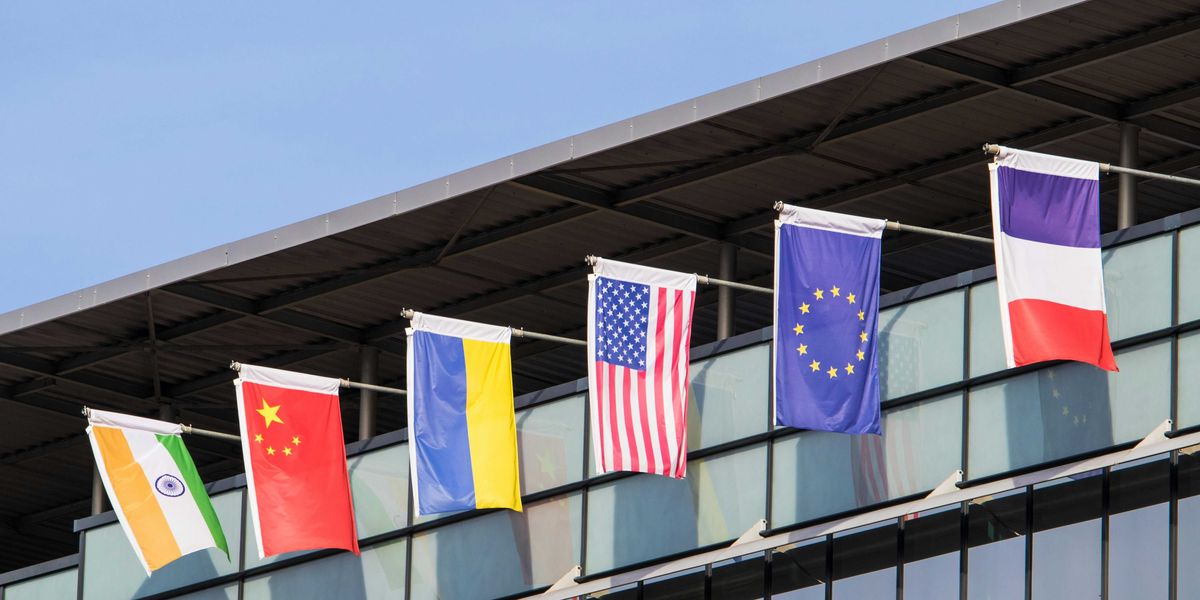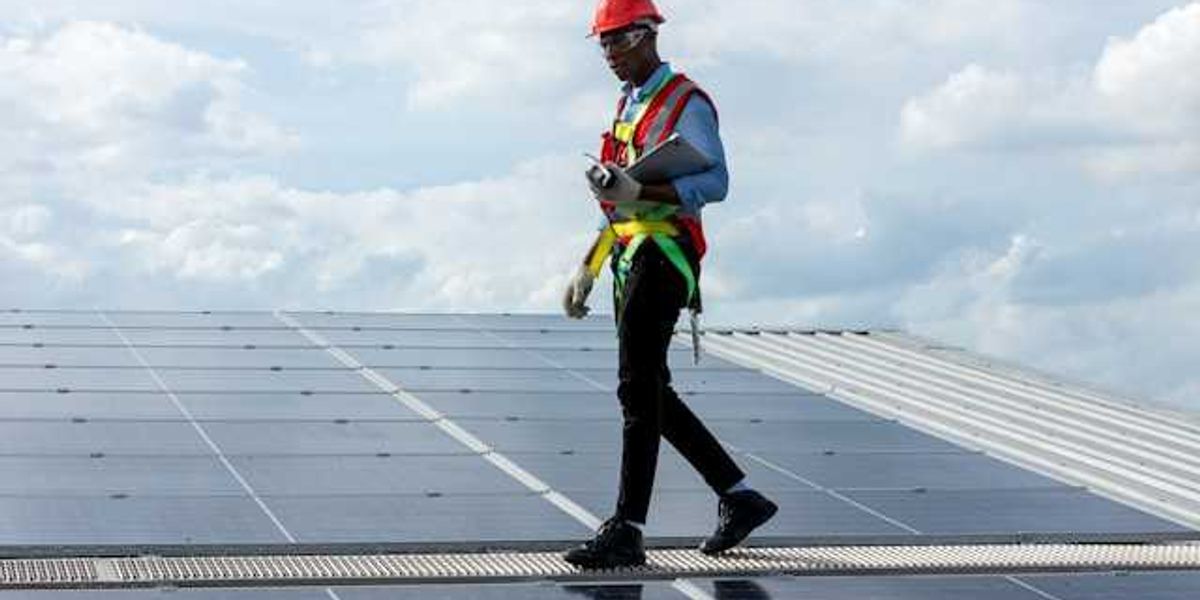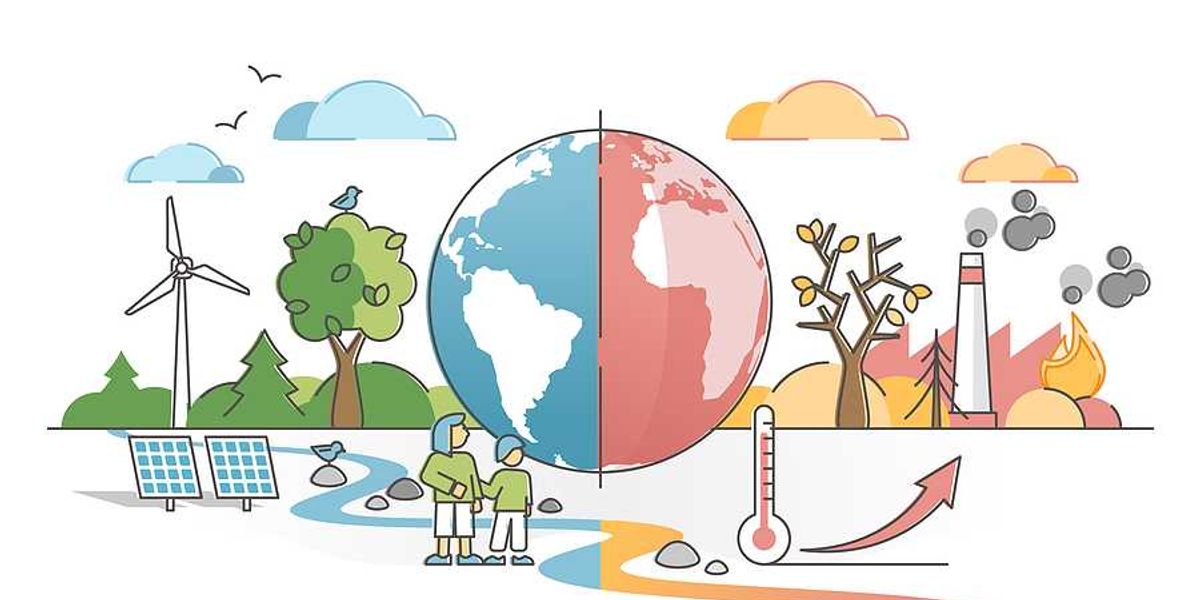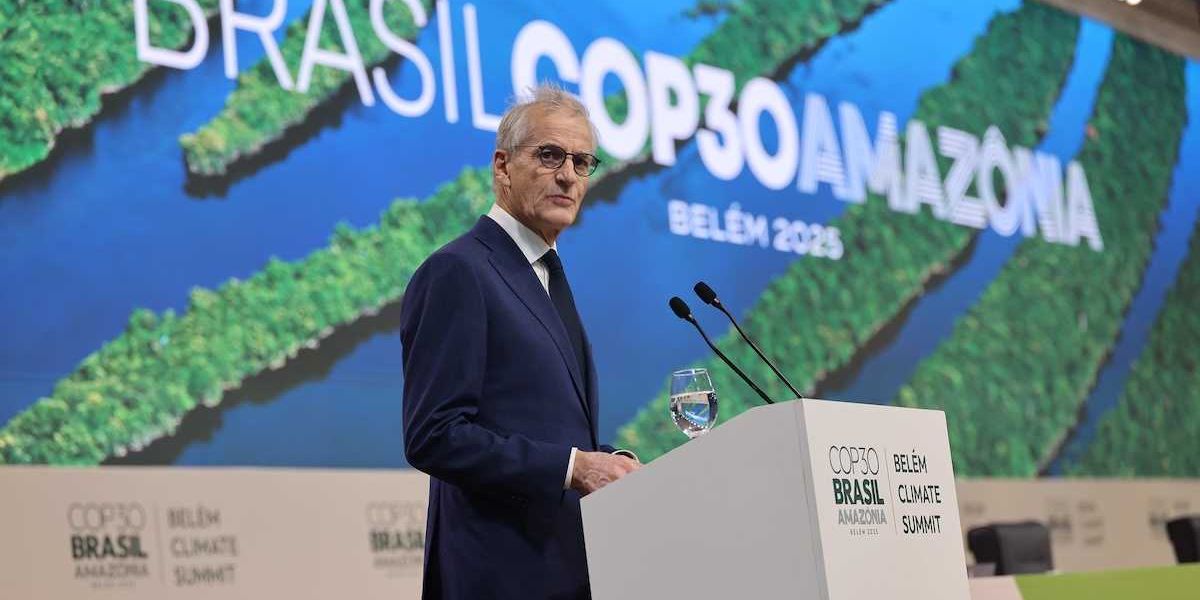Biden administration backs away from plastic production limits in UN treaty
The Biden administration has withdrawn support for mandatory caps on plastic production in upcoming United Nations plastics treaty negotiations, opting instead for a “flexible” approach allowing voluntary national targets.
Joseph Winters reports for Grist.
In short:
- The U.S. initially seemed to support limiting new plastic production but recently shifted toward allowing each country to set its own reduction goals, disappointing environmental advocates.
- Some countries and environmental groups argue that voluntary targets won’t be enough to curb pollution, while oil-exporting nations push for weaker measures.
- Advocates fear the U.S.’s change could weaken the treaty, especially with political shifts in the U.S. reducing support further.
Key quote:
“I thought we were on the same page in terms of capping plastic and reducing production. But it was clear that we just weren’t.”
— Jo Banner, co-founder of The Descendants Project
Why this matters:
This decision could slow global progress in reducing plastic pollution, affecting health and ecosystems worldwide while contributing to climate change. Those pushing for strict limits say voluntary targets won’t be enough. The plastics industry is expected to triple by 2060, a reality environmental advocates warn will lead to more pollution in oceans, air and human bodies.
The fifth and final round of the International Negotiating Committee (INC-5) meetings for a global plastics treaty start November 25 in South Korea.
Read more: Groups push Biden administration to take leadership role at upcoming plastic treaty talks













